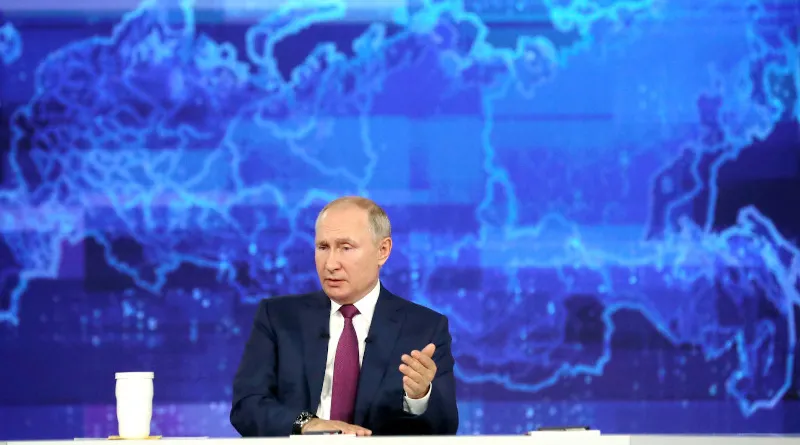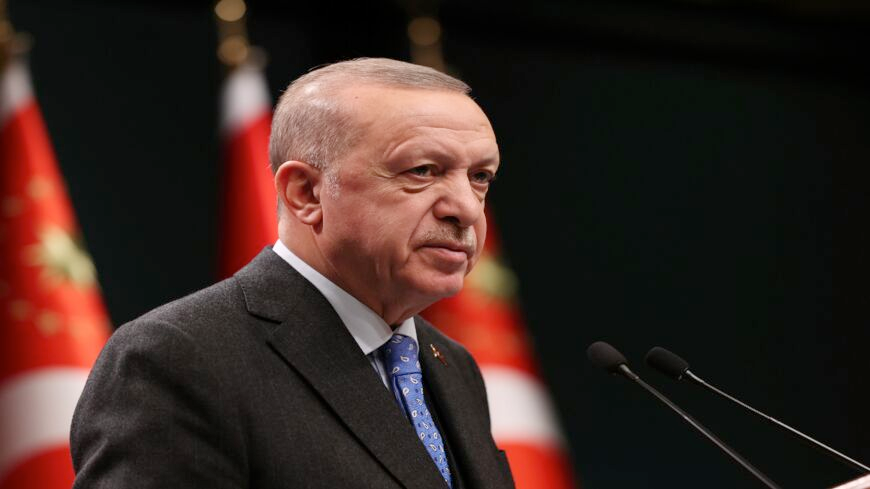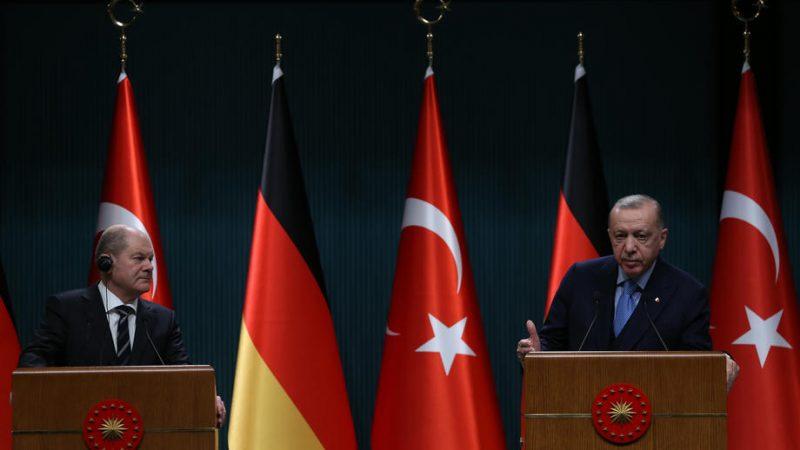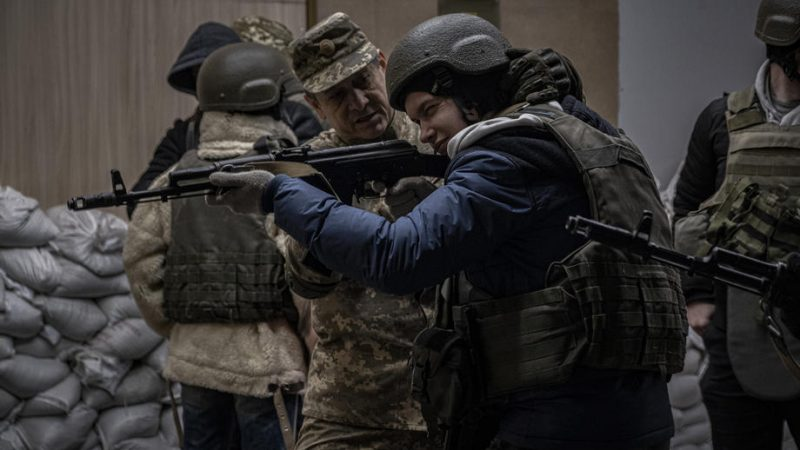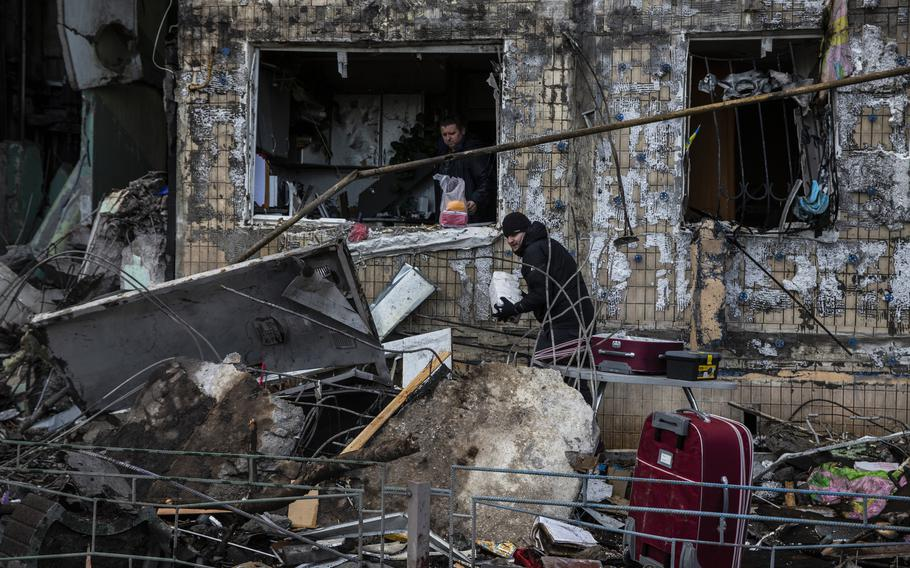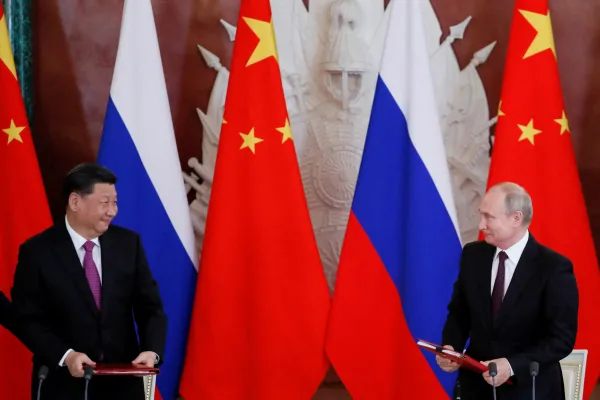How Russia’s Invasion Of Ukraine Breathed New Life Into NATO – Analysis
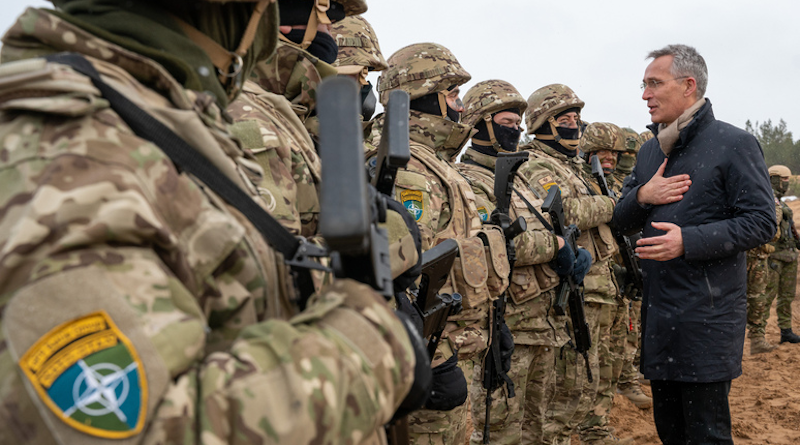
Seventy-two years after its creation at the dawn of the Cold War, the North Atlantic Treaty Organization has experienced a rude reawakening, as Russia’s invasion of Ukraine threatens to drag member nations into a direct confrontation with Moscow.

